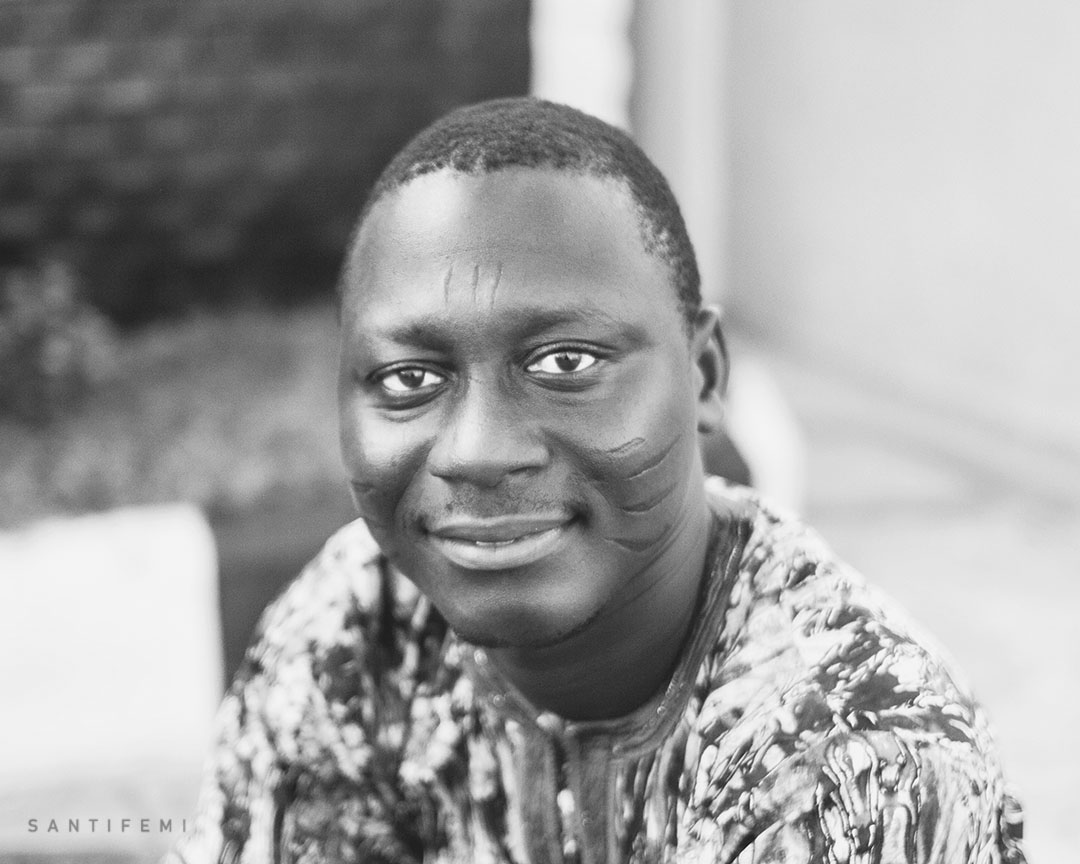
(1/5)
I come from a place in Ogun State that – much until recently – was a proper village. Both my parents are from the same place but my father had left home to school and eventually work. When they got married, my father was working in Ile-Ife and so he lived there; my mother on the other hand remained in the village with his family. So, my father would travel every month or maybe even once in two months to see his wife. It was in this village that I was born as a twin but my twin brother passed on shortly after we were born.
My father has exactly my kind of marks but with his travels and exposure, he was of the opinion that the culture had become redundant and should be discarded. He never wanted any of his children to have any form of scarification on their bodies. Those were his thoughts regarding tribal marks and he had communicated it clearly to his wife and everyone in his family.
One day, my father came – as usual – to the village to visit his young family but nothing about that trip was usual. He got home and found that his baby boy had been given the exact kind of marks that he had.
According to my mother, after my twin brother passed away, the family suddenly felt that the only way to save me from going to join him was to give me the marks. My mother was in her in-laws’ place and that meant she had no say whatsoever in the matter. This was an era before cellphones. Ife to the village was a 7-8hour journey and so no one could rush to Ife to call my dad to intervene. I was three-months old when I was given these marks.
My father returned to find my face all marked and he flared up. He was so angry at what had been done that he took his wife away from the village and, in protest against what they had done, he left me behind in the village. It was his own way of saying: ‘you have done your worst, now keep what you have done’.
For the next three years, I was in the village with my grandparents till he finally came to pick me after my immediate sibling was born. My father was never happy about the marks and my mother continued to beg him till he finally accepted the fact that what had been done and could not be undone.
As I grew up, I learnt that my dad had an uncle – his father’s brother – and the man was feared. The story was that he was very diabolic and no one dared to challenge him on any matter. From the story I heard, he was the one who mandated that I be given the tribal marks after my twin died. Considering the structure of village life, his place wasn’t far from where my grandma and mother lived so he had proximity to his advantage; and because he was greatly feared, he had his way.
I was in primary school in Ife when we visited the village and they showed me the man’s house. I wanted to see what the man who had done this to me looked like – just to stare him in the face. Had there not been stories about how powerful he was, I’d have loved to express my displeasure on that trip to his house. That was the first and only time I ever entered the man’s house till he passed away.
Anytime we went to the village for ileya celebration and every other person went to greet the man in his house, I never accompanied them. I’d just stay with my grandma till they returned from his house. We’d spend days in the village and I’d not go to greet him even when he sent for me. When I heard he passed away, I didn’t feel anything at all. So, essentially, in our nuclear family, it is only my dad and I that have these marks.
In my JSS1 that I was bullied by a very senior student and I sustained some bruises from the act. I reported the incident to my parents and they were very furious. When I mentioned the name of the student who had bullied me, my parents knew his parents and so we got into the car and drove over to theirs.

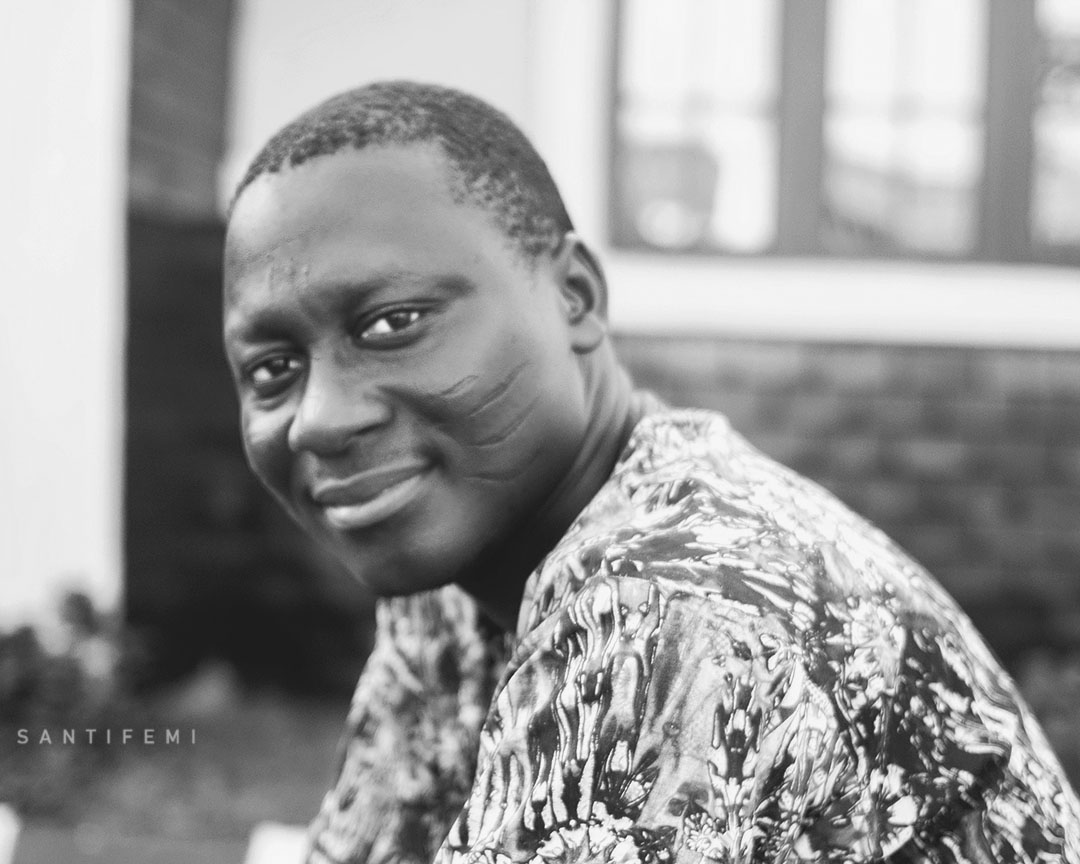

I vied for the office of Secretary, English Students Association. On the Manifesto Night, the room was jampacked and there were a bunch of Awo boys who were causing distractions in the hall. The turn-out was massive because people wanted to hear what the small-frame boy with tribal marks that was vying for office was going to say.
I’m sure many had partly expected that I’d stammer or I’d miss the concord in my sentences; but they were all shocked to see that my elocution was impeccable. Though it took me days of rehearsals in front of the mirror to prepare for it but then I delivered; and at the polls, I won.
It was about the same time the school scrapped the Student Union government and a Caretaker committee was instituted. For about a semester I was appointed as the Secretary of the caretaker committee. This position gave me access into many offices and personalities. For me, I felt like someone who mattered on campus. That was how I turned around what was supposed to be my weakness to my strength.
I served in Ondo State. At that point, given all I had been through, I had developed great resilience. After my NYSC, I wanted to do my Masters and work at the same time. The only school that gave me that flexibility was TASUED and so I enrolled for my Masters program there. Our set was the third or fourth set in the Masters program and by the time I enrolled, I was already a school principal but because of my short stature many wouldn’t have thought I occupied such a position.
My Masters class was filled with people who believed they were posh and all that. I would go for classes, and leave afterwards. I never spoke English to anyone in class. Then we got to the stage of seminar presentations; at that point I didn’t have any choice than to speak English. My classmates were stunned when I opened my mouth and did my first presentation.
The women…relationship area, was the last aspect of my wrestle with my tribal marks. Throughout secondary school I didn’t have a girlfriend, I couldn’t even dare to speak to a girl at the time. When I got to the university, I didn’t have the courage to ask out the girls on campus so I decided to settle for a girl that was clearly not up to my stature educationally and socially. I went for a girl that I could easily impress.
My first relationship was in my 300 level and I dated a girl who didn’t go to school and was already learning a trade. That relationship did not last for long. As I grew more popular, I became close to more female friends and still I couldn’t open my mouth to ask them out.
In my final year, the realization hit me that I was graduating after four years on campus and I didn’t have a relationship. I asked about three girls out – at different times, of course – but none agreed to date me. I believe the reason why they turned me down was because of my marks; they didn’t tell me that to my face though.
Guys in my circle had begun to have stable relationships and I had none. Whenever my friends and I discussed women, I’d pass of one of my close female friends as my babe because I didn’t want to come across as someone who was struggling to get a girlfriend. Then there were friendships that were deeper than friendships but were not defined as relationships. That was how I went through the university.
Whenever I asked a girl out and she said no, I never press further. It is when you press further that you may hear things that you shouldn’t hear. I respect my ego and self-respect a lot so once a girl said no, I backed off. Besides, I was careful about the kind of girls I toasted. I’d never toast a girl that had a sharp mouth or that was undiplomatic.
When I began working, there was a girl I asked out. She asked that we should see how things panned out. Through all our daily communications, we became very close and so I knew that deep within her she had affections for me. We had become so close that I had strongly believed, at the time, that she was the one I’d marry.
She got back to me and she said we couldn’t get into a relationship. At the time, she didn’t say why – it was much later that she told me that the reason she never accepted my proposal was because her family were uncomfortable with the idea of her marrying a man with tribal marks.
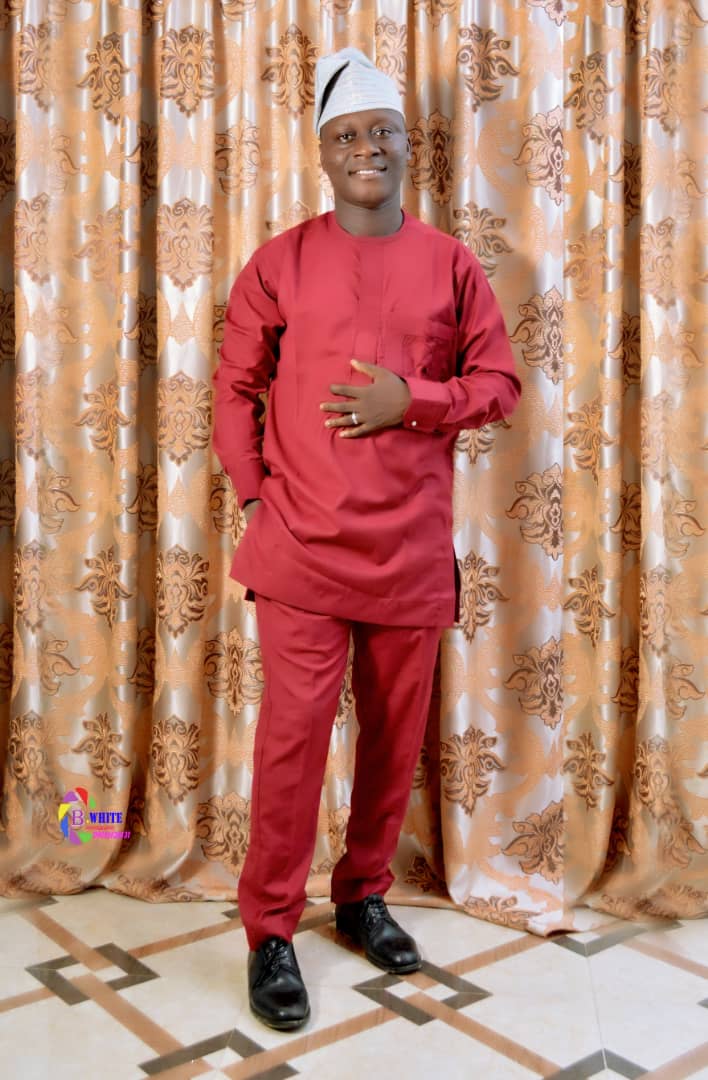
After I couldn’t lock down this babe, I gave myself another pep-talk. I came to the conclusion that if I continued chasing girls that I felt I could easily impress girls then I’d be dragging myself back into all the struggles I had overcome before. It was then that I made up my mind that going forward, I’d never limit myself. Tribal marks or not, I desired and deserved the best, top-shot babes and I had what was needed to make it happen.
From that point forward, I became very deliberate about the ladies I mingled with. No matter how high-flying a lady might be, I’d talk to her and make friends with her. It was this way that I broke free from the shyness with the women and I never looked back till I met my wife.
Growing up, I had always imagined how I was going to cope when I showed face at my in-laws’ place with the marks. A question always lingered in my mind back: “what will the reception from my in-laws be like?” As it turned out, my father-in-law also has tribal marks, the Oyo marks.
My wife told me that after we started dating and she informed her mother about us, she quickly told her mom that there was a problem: “o ko’la – he has tribal marks”. Her mother then replied, “baba ti e ko’la, se mi o fe? – your own father that has marks, did I not marry him?”
According to her, her mother then went on to ask some questions: “is he a Muslim?” “Is he educated?” “Can he speak English eloquently?” Once the answers to those three questions were in the affirmative, she gave her support to our relationship.
Today, there’s no audience I can’t stand before and speak confidently – may it be a small gathering in a tiny room or a large gathering in an open space; I have grown into myself fully and I own marks and I king with it.
One thing I have learnt through all my experiences is that you can never stop people from making the assumptions. They see you and have in their head a version of who they think you should be. For me it gets dramatic during weekends. On weekdays, I dress corporately but at the weekends, I put on native attires – I can’t wear shirt and trouser from Monday-Friday and still wear the same at the weekends.
When people see me in Ankara or adire and they see my marks, and then I am speaking ijinle Yoruba, the assumption that many have is that I must be a stark illiterate. When situations like that arise, I always love it. Then I’d begin to pray that such a person would make the mistake of engaging me in English. My Joker is my elocution in English. By the time I speak English to them, you can see them freeze in shock.
When my wife and I were dating and we’d go to an eatery, I never spoke English to the cashiers. My wife would pinch me and would want me to speak English so that everyone within earshot will not get an impression that I am unschooled. Me, I’d just ignore and speak my Yoruba. Someone once asked my wife why she would choose to marry an okola and she told them the woman that if she knew how loaded my mind was, she would rush to marry me.
I’d say to anyone who has marks like me – you are enough, you don’t need to force an acceptance from people. People may despise you but you don’t need to despise yourself.
Having tribal marks may be a barrier but trust me, it is a barrier that you can work your way around. You need to make the experience you go through drive a determination into you to pursue excellence.
I have come to realize that my marks are a gift – a blessing in disguise: with these marks I stand out and with how I have built my life, I stand out not just for my marks but for excellent things too. Without these marks, I could have been another random, regular Joe.
These days, when I am talking with my mom and she wants to tease me, she’d say “e ri bo se wa’la soju bii baba e” and we will all burst into laughter.

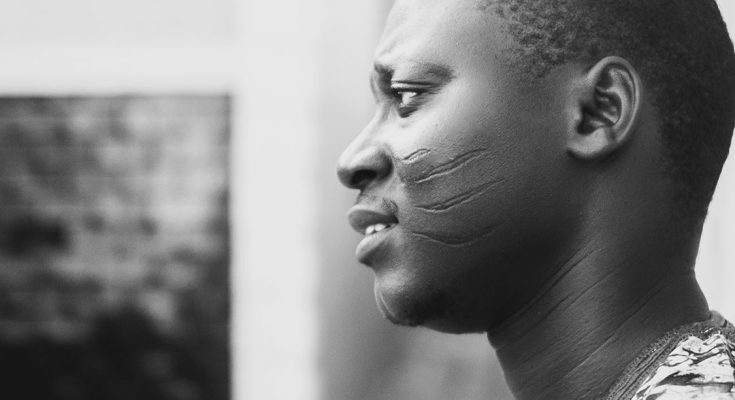
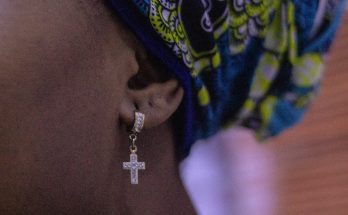
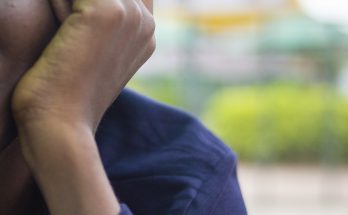
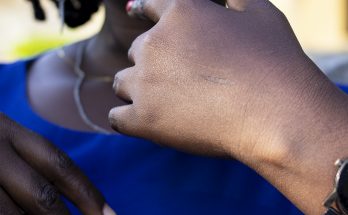

This is inarguably the best piece I have read today.
It’s a brilliant write up. Full of motivation, grit, and staunch dedication.
Kudos!!